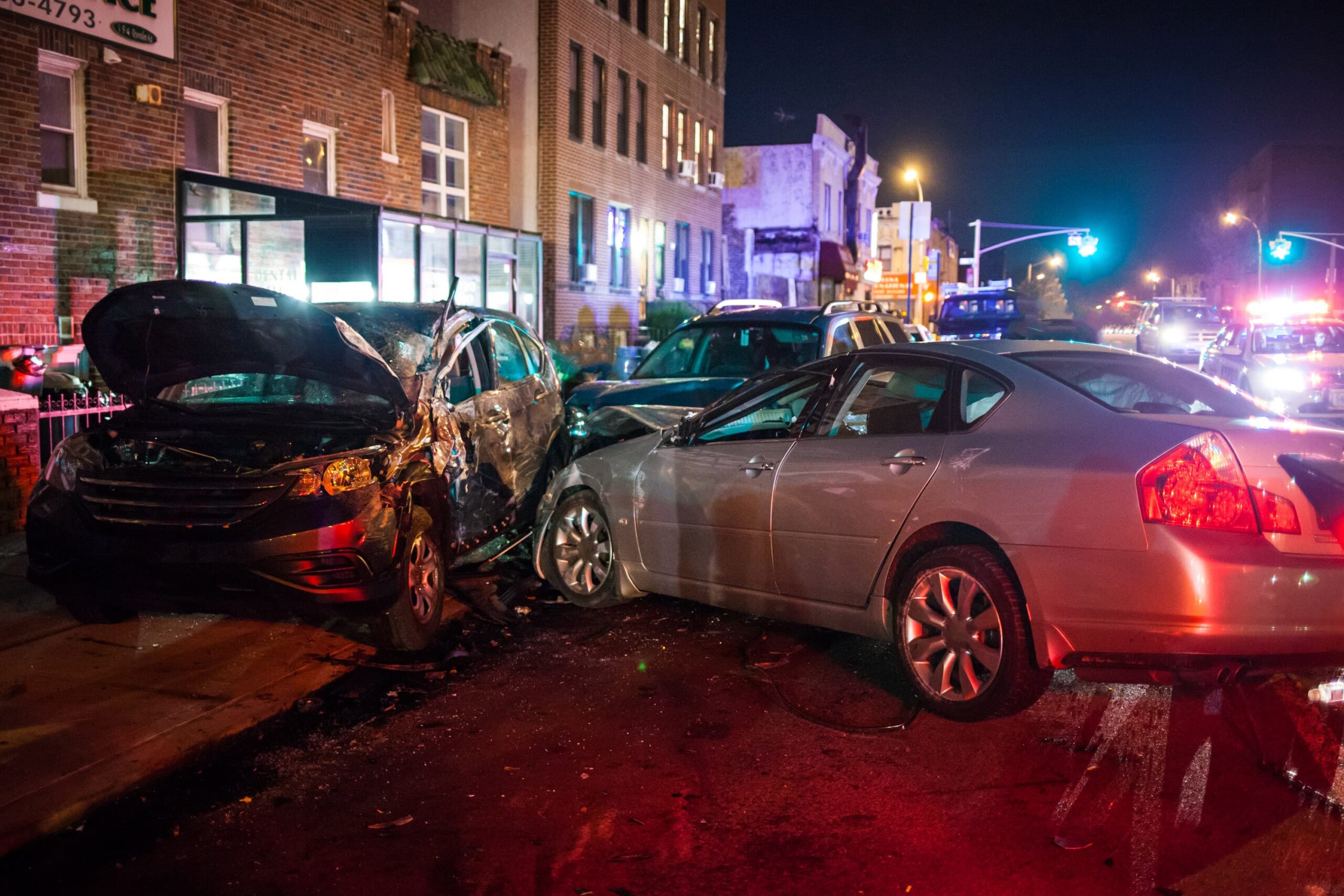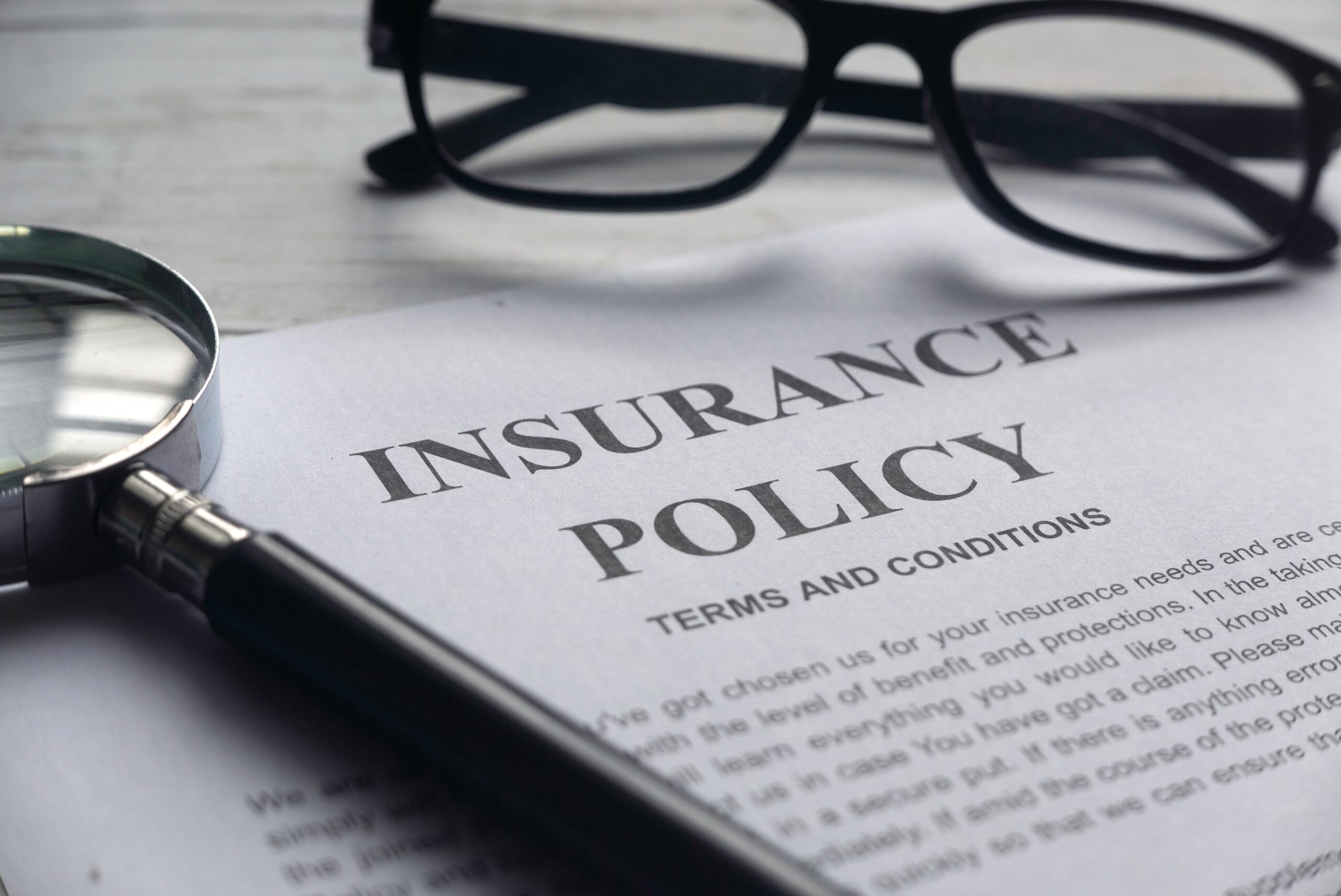What To Do if Your Medical Bill Exceeds the Insurance Limit?

According to the Centers for Disease Control and Prevention (CDC), in the United States alone, in 2020, 41,000 people died from an auto accident, and 2.1 million people visited the emergency room for injuries sustained during an auto accident. These numbers mean that $430 billion was spent on car accidents alone that year, according to the same report.
Even under the best circumstances, getting into an auto accident is no fun. It can quickly become even worse when you experience a serious personal injury and your medical bills begin to surpass the insurance limit. Are you curious about how you can prevent this situation from happening to you? First, let’s start with some basics.
What is Liability Insurance?
According to the Colorado General Assembly, liability insurance is designed to cover the costs of bodily injury and damages to the other person’s property if you were in an accident that proved to be your fault. If the accident was not your fault, then the other person’s liability insurance will be responsible for paying for your medical bills and the damages to your vehicle. Under the law, those who own a vehicle in Colorado are required to have auto insurance that includes liability coverage.
From your standpoint, liability insurance protects you in case you cause an accident. While this won’t help pay your medical bills (if you were at fault), it will help you from getting into debt over someone else’s medical bills. Although you can always purchase more coverage, Colorado state requires that your liability insurance cover the following per accident, according to the Colorado General Assembly:
- $25,000 to end-of-life or bodily injury costs of one person.
- $50,000 to end-of-life or bodily injury costs of any additional people.
- $15,000 to personal property damage.
How Do Insurance Policy Limits Work?
According to the Rocky Mountain Insurance Information Association (RMIIA), an insurance policy limit is the total amount of money that the auto insurance policy will pay. After this, you will be expected to cover costs. Assuming you cannot cover costs, there are options.
How Do Insurance Policy Limits Affect Settlements?

If the insurance limit is not enough to cover the costs (injuries, lost wages, and property damages), you can pursue a claim for financial losses. This can cover the amount that exceeded the insurance limit, assuming you were not the at-fault driver. Generally, this will be done by taking your case to court.
Can I Sue for More Than the Insurance Policy Limits?
In the event that either your auto insurance or the other driver’s auto insurance will not cover the costs of your medical bills and the losses you’ve endured, then you have a couple of options for filing a lawsuit:
1) You can sue the other driver personally (if this person was at fault).
2) You could consider a bad faith lawsuit against the insurance company.
According to Investopedia, a bad faith lawsuit can be filed against the insurance company when the insurance company is:
- Denying authentic claims.
- Failing to investigate claims timely.
- Purposefully misconstruing policy wording.
- Not being clear about exclusions and policy limits before the contract was signed.
- Requesting unreasonable “proof” to cover a loss.
Bonus tip:
When considering a bad faith lawsuit, you’re definitely going to want to seek advice from a car accident lawyer. These lawsuits aren’t always profitable (although they can be). Having a lawyer to help you file a lawsuit such as this will ensure you get the most financial compensation available to you.
What to Do if Medical Bills Are More Than the Policy Limit
If the other driver was at fault in your accident and their auto insurance policy doesn’t have you covered, you will have to depend on your insurance limit. If the other driver was at fault and did not have insurance, you will also be dependent on your insurance limit (assuming you have uninsured motorist insurance).
Bonus tip: Make sure you’re covered with an umbrella policy
Another option is to make sure that your auto insurance includes an umbrella policy before auto accidents even happen. According to Forbes, an umbrella policy kicks in after the amount covered by your liability insurance runs out. This gives you extra protection in case the other driver tries to sue you for damages in an accident that goes over your liability insurance limit.
Why You Should Consider Hiring a Lawyer

By hiring a car accident attorney, you will get expertise in how these negotiations work and the critical knowledge of what you’re entitled to under the law. For most people, the law is likely not their area of expertise. Hiring a lawyer can help protect you from the other driver and/or the insurance company taking advantage of you. When it comes to uninsured motor vehicle insurance, liability insurance, umbrella insurance, etc., it can be highly beneficial to hire a lawyer to help file claims or to file a lawsuit to get you the best deal. While many people’s first instinct when they get in an auto accident isn’t to contact a lawyer, those people may not realize how much compensation they could be eligible for with the help of the law. It’s always wise to seek legal advice when large sums of money are involved (especially with lawyers that offer free consultations).
For legal advice, contact the expert car accident lawyers at Bachus & Schanker.
With multiple locations throughout Colorado, including Denver, Colorado Springs, Englewood, and Fort Collins, it’s never been more convenient to get your free consultation.
Auto Insurance Basics. (2015).
Bieber, C. (2022). Typical Car Accident Settlement Amounts (2022).
Kagan, J. (2021). Bad Faith Insurance.
Kilroy, A. (2022). How An Umbrella Insurance Policy Works And What It Covers.
Mandatory Automobile Insurance in Colorado. (2022).
Transportation Safety. (2022).






